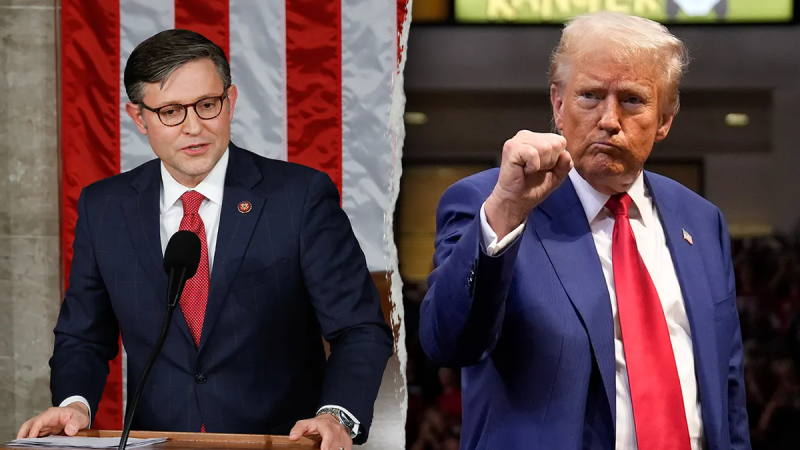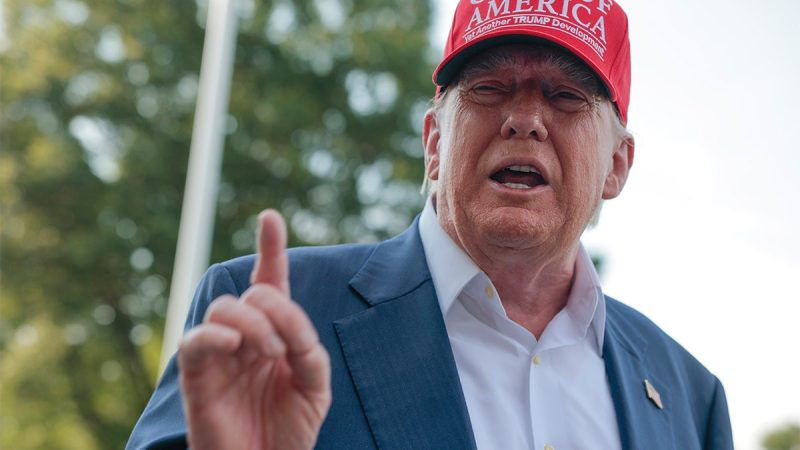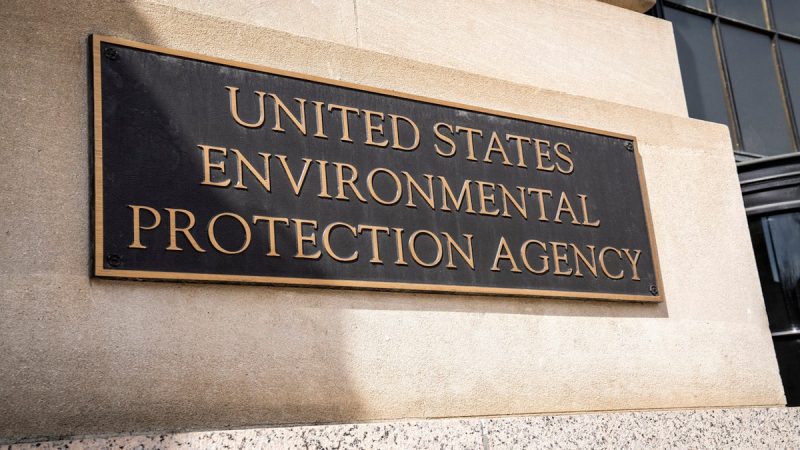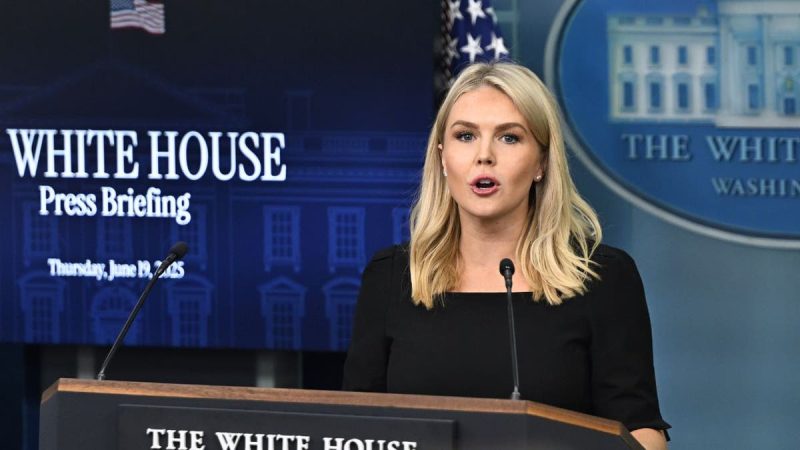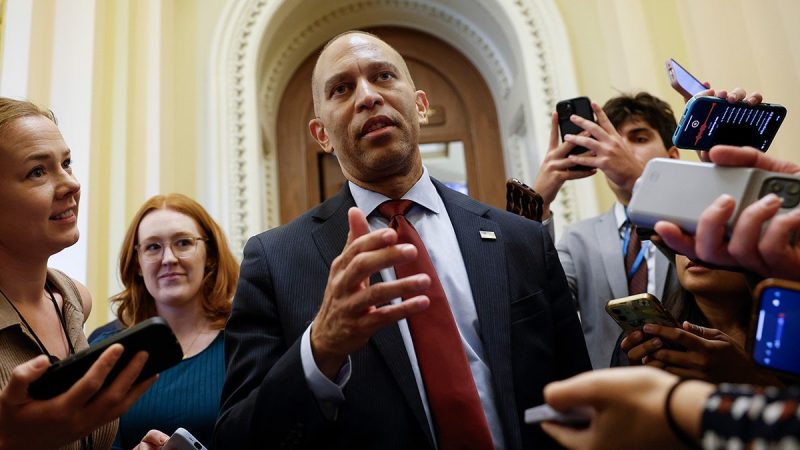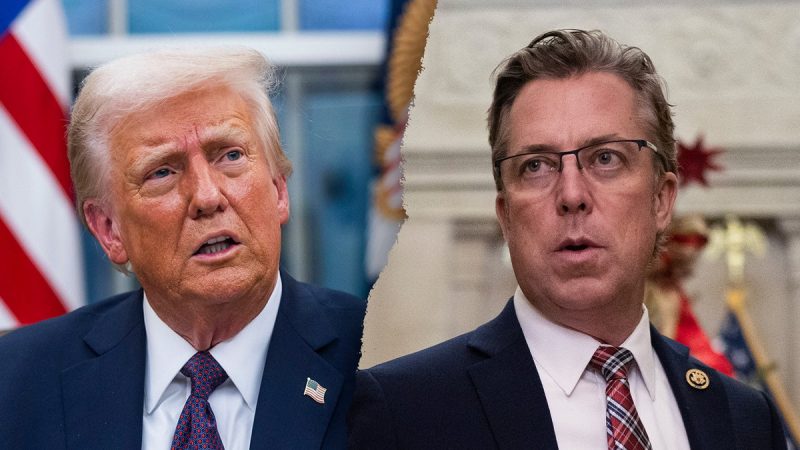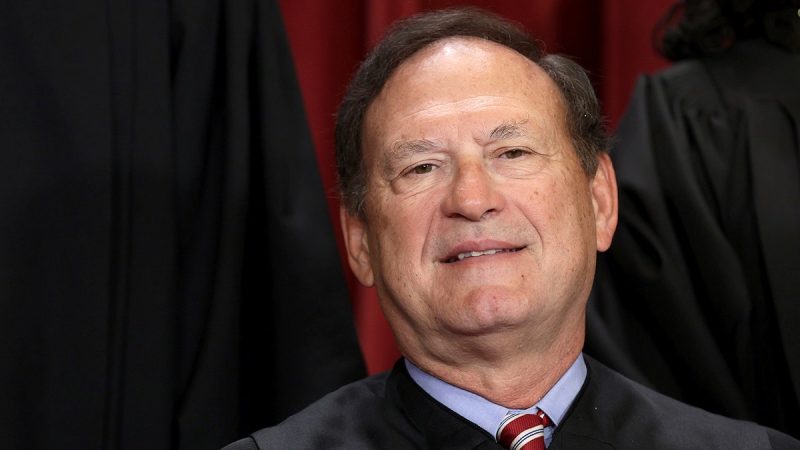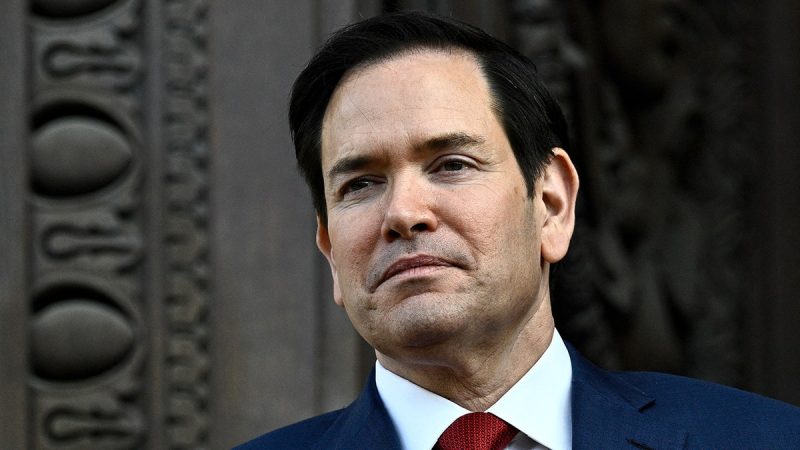
Congress has officially passed President Donald Trump’s ‘one big, beautiful bill’ on Thursday afternoon after back-to-back sleepless sessions for both the House and Senate.
The massive agenda bill now goes to Trump’s desk to be signed into law just in time for Republicans’ self-imposed Fourth of July deadline.
The bill – which advances Trump’s policies on tax, the border, defense, energy and the national debt – narrowly passed the House of Representatives in a mostly party-line vote. All but two Republicans, Reps. Thomas Massie, R-Ky., and Brian Fitzpatrick, R-Pa., voted for the bill, which passed 218 – 214.
It’s a commanding victory for Speaker Mike Johnson, R-La., and for the president himself, both of whom spent hours overnight trying to persuade GOP critics of the bill.
‘The President is very engaged. He was very helpful in the process. He helped answer questions and articulate his vision and what this bill will mean for the country, and his agenda, and how urgent it is for us to get it done,’ Johnson told reporters the morning ahead of the vote.
The House initially passed its version of the legislation by just one vote in late May.
Senate Republicans took the bill up late last month and passed it after their own marathon voting session, also by just one vote – though the legislation underwent key changes in the upper chamber.
House lawmakers were slated to return to Washington on Wednesday morning to begin debating the bill, which included a procedural hurdle known as a ‘rule vote.’
But even before the rule vote could begin, it was clear the legislation had been hemorrhaging support from both moderates and conservatives in the House GOP.
Moderate Republicans were among those concerned about the Senate bill shifting even more of the Medicaid cost-burden onto states that expanded their health benefit populations under the Affordable Care Act (ACA), while conservatives were irate that those cuts did not go far enough to mitigate what they saw as excessive spending in other parts of the bill.
But the vote that was initially slated to occur Wednesday morning eventually passed after 3 a.m. on Thursday, after which both Republicans and Democrats hurriedly began to debate.
Among Democrats’ delay tactics included a lengthy speech by House Minority Leader Hakeem Jeffries, D-N.Y., who attacked Republicans for their overnight schedule.
‘If Republicans were so proud of this one big, ugly bill, why did debate begin at 3:28 a.m. in the morning? Republicans are once again, which has been the case, Mr. Speaker, through every step of this journey, trying to jam this bill through the House of Representatives under cover of darkness,’ Jeffries said.
But even before debate, the legislation’s fate appeared in limbo for much of Wednesday as closed-door negotiations paralyzed the House floor.
Five Republicans had initially voted against proceeding with debate on the bill, while eight GOP lawmakers had not voted at all.
The bill’s future was uncertain on Wednesday evening, but rather than accepting defeat, House GOP leaders kept the vote open for hours as they negotiated with holdouts behind closed doors.
One House Republican told Fox News Digital that Trump was directly involved in trying to persuade holdouts.
The president, meanwhile, aired his frustrations on Truth Social, ‘FOR REPUBLICANS, THIS SHOULD BE AN EASY YES VOTE. RIDICULOUS!!!’
In the end, they returned to the House floor where nearly all Republicans – save for moderate Rep. Brian Fitzpatrick, R-Pa. – voted to begin debating the bill.
Johnson told reporters when asked about Fitzpatrick’s defection, ‘I talked with him at length. Brian is a very good and trusted friend, and he just has convictions about certain provisions of the bill, he’s entitled to that.’
Meanwhile, House Majority Leader Steve Scalise, R-La., told reporters that critics were made to understand the bill is their only option on the table.
‘They recognized this is the vote that’s before us and it’s not going to change. There are other things we can do down the road, and we want to do. But we’ve got to get this bill done first,’ Scalise said.
The bill would permanently extend the income tax brackets lowered by Trump’s 2017 Tax Cuts and Jobs Act (TCJA), while temporarily adding new tax deductions to eliminate duties on tipped and overtime wages up to certain caps. It also includes a new tax deduction for people aged 65 and over.
The legislation also rolls back green energy tax credits implemented under former President Joe Biden’s Inflation Reduction Act, which Trump and his allies have attacked as ‘the Green New Scam.’
The bill would also surge money toward the national defense, and to Immigrations and Customs Enforcement (ICE) in the name of Trump’s crackdown on illegal immigrants in the U.S.
The bill would also raise the debt limit by $5 trillion in order to avoid a potentially economically devastating credit default sometime this summer, if the U.S. runs out of cash to pay its obligations.
New and expanded work requirements would be implemented for Medicaid and federal food assistance, respectively.
Democrats have blasted the bill as a tax giveaway to the wealthy while cutting federal benefits for working-class Americans.
But Republicans have said their tax provisions are targeted toward the working and middle classes – citing measures eliminating taxes on tipped and overtime wages – while arguing they were reforming federal welfare programs to work better for those who truly need them.
Conservative groups also praised the bill, with Club For Growth CEO David McIntosh telling Fox News Digital, ‘By preventing the biggest tax hike in history, passing full expensing, and beginning to make key cuts to bloated programs and giveaways we are setting up our country to prosper in a new Golden Age.’
Top Republicans also praised the bill and Johnson’s role in its passage.
‘We delivered historic tax relief for working families, unprecedented border security investments, unleashed American energy dominance, and massive cuts to wasteful federal spending,’ Republican Study Committee Chairman August Pfluger, R-Texas, told Fox News Digital. ‘After years of failed policies, we stepped up to put Americans first and fulfilled our promises. On July 4th, 2025, we will return power to where it belongs—with the American people.’
House GOP Policy Committee Chairman Kevin Hern, R-Okla., said the bill ‘took an incredible amount of work to get this bill across the finish line, starting several years ago with field hearings, stakeholder meetings, and a lot of research into niche tax policy.’
This post appeared first on FOX NEWS
